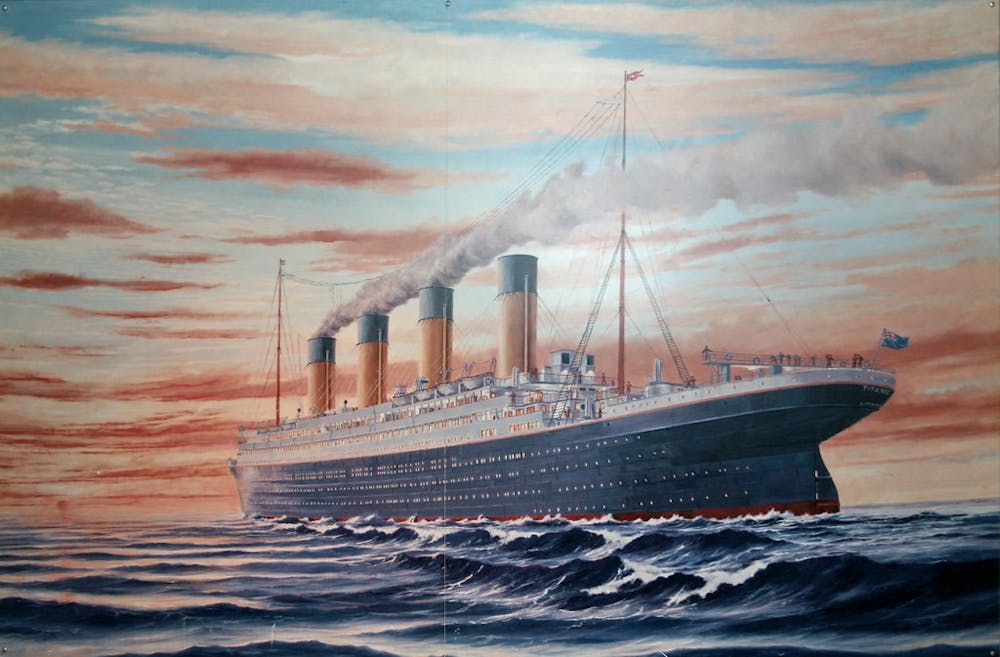Michael Szeto was part of The News-Letter from 2007 to 2010, during which he was Associate Online Editor. He received a Juris Doctor degree from New York University School of Law and currently serves as university counsel in Stanford University’s Office of the General Counsel.
The News-Letter: Why did you first decide to join The News-Letter?
Michael Szeto: I had been really involved in student publications when I was in high school, both on the student paper and literary magazine. So both the journalism side and the publication side were something that I wanted to continue. And this would have been 2007. As a freshman, I very much had desires to be a reporter after graduating college. The unfortunate part was that, and it hasn’t really changed too much since, but the media industry in ‘07 was really — it felt like you were on the Titanic, to be honest. And you kind of saw the iceberg in the distance and, frankly, you were probably hit by the iceberg already. But nevertheless, I wanted to be a reporter after college so I figured that was a way to do it.
N-L: What were some of your favorite articles that you wrote?
MS: Oh God, let’s see. So when I was a student, Barack Obama and Hillary Clinton were competing against each other for the nomination. It was my freshman year. And I wrote to the campaigns saying, “Hi, you guys are in the area, and I would love to come to the event.” And they were like, “Yeah, come on in.” And I think that was pretty cool. Just having access to events that real journalists from the New York Times and Washington Post and Wall Street Journal were also covering. That was just awesome.
N-L: What have you been doing since graduating from Hopkins? How did your time at The News-Letter help prepare you for your career after college? What did you learn at N-L?
MS: I’m a lawyer for a university. Because I work on a college campus, it’s always helpful to know how students operate, like student activities and that sort of thing. I remember how I, someone who was on the student paper, reported stories and what the concerns were. So I think being involved in The News-Letter has been helpful in what I do so that we can be better lawyers and administrators for the students.
N-L: How do you remember the culture and community of The News-Letter when you were there?
MS: I know that the editors essentially were living there and sometimes it felt like a second job or something like that to many of the people — and rightfully so. A lot of student papers are very much like communities, families, and it’s something that they’re very passionate about now too. So sometimes, the educational degrees seemed secondary to the publication and the writing. And that’s the thing, even if you’re only just a weekly paper, it can still be very demanding. And I now work at a place where the paper is daily, or at least it was pre-pandemic. It’s a huge time commitment, and it’s admirable the amount of energy and effort that everybody puts into it.
N-L: Is there anything you’d like to add?
MS: I hope that the writers and the editors feel in power to cover as many stories and topics as they think they can because each of them has such a powerful position and platform to influence in University discussions and policies. I hope it’s taken advantage of in as many ways as possible.

















